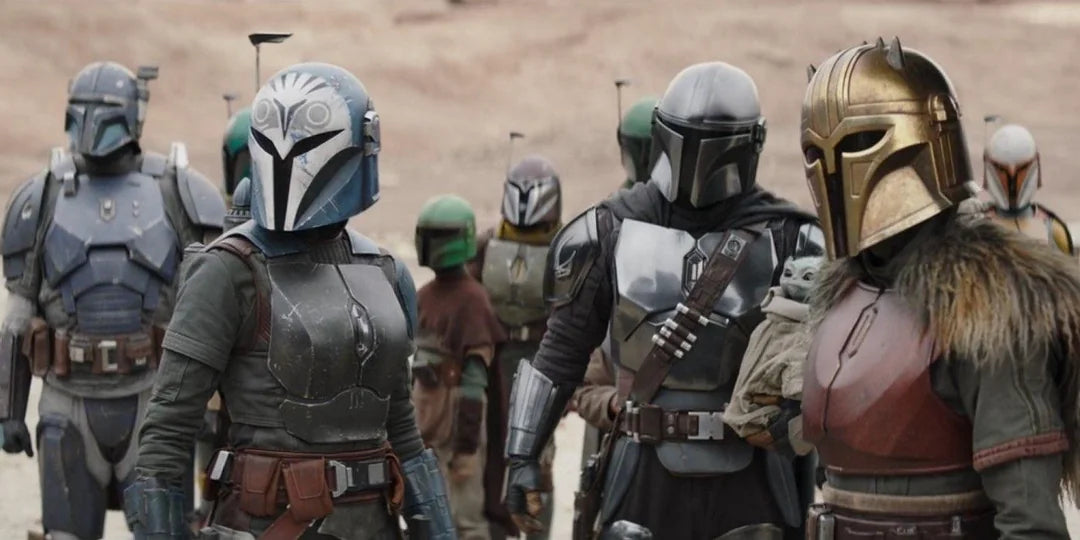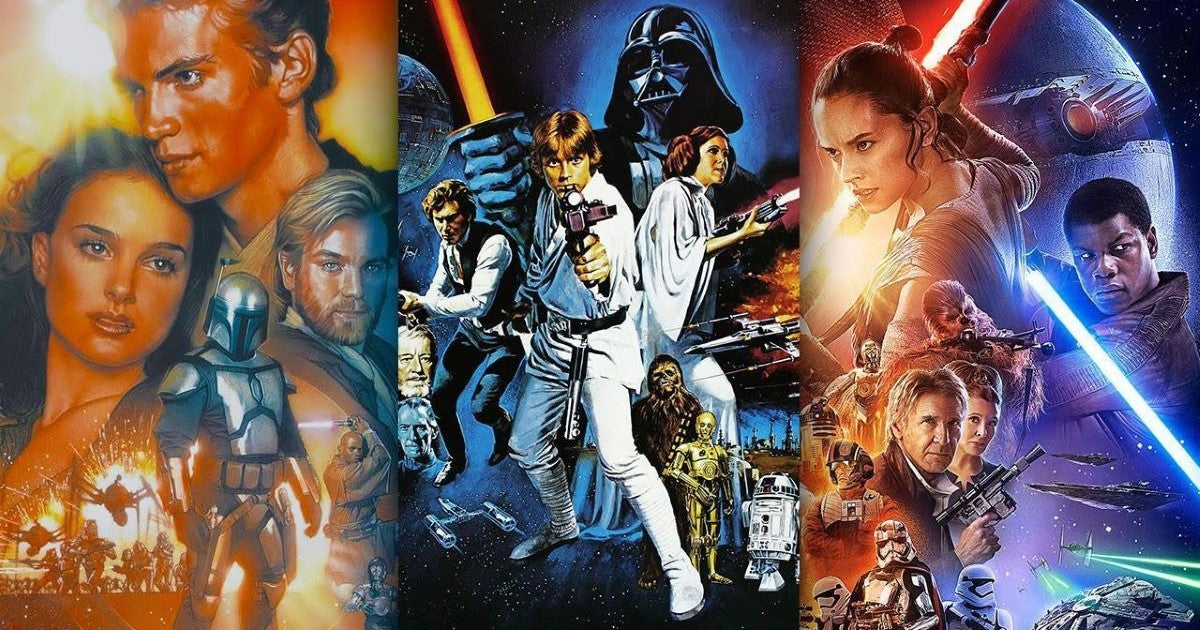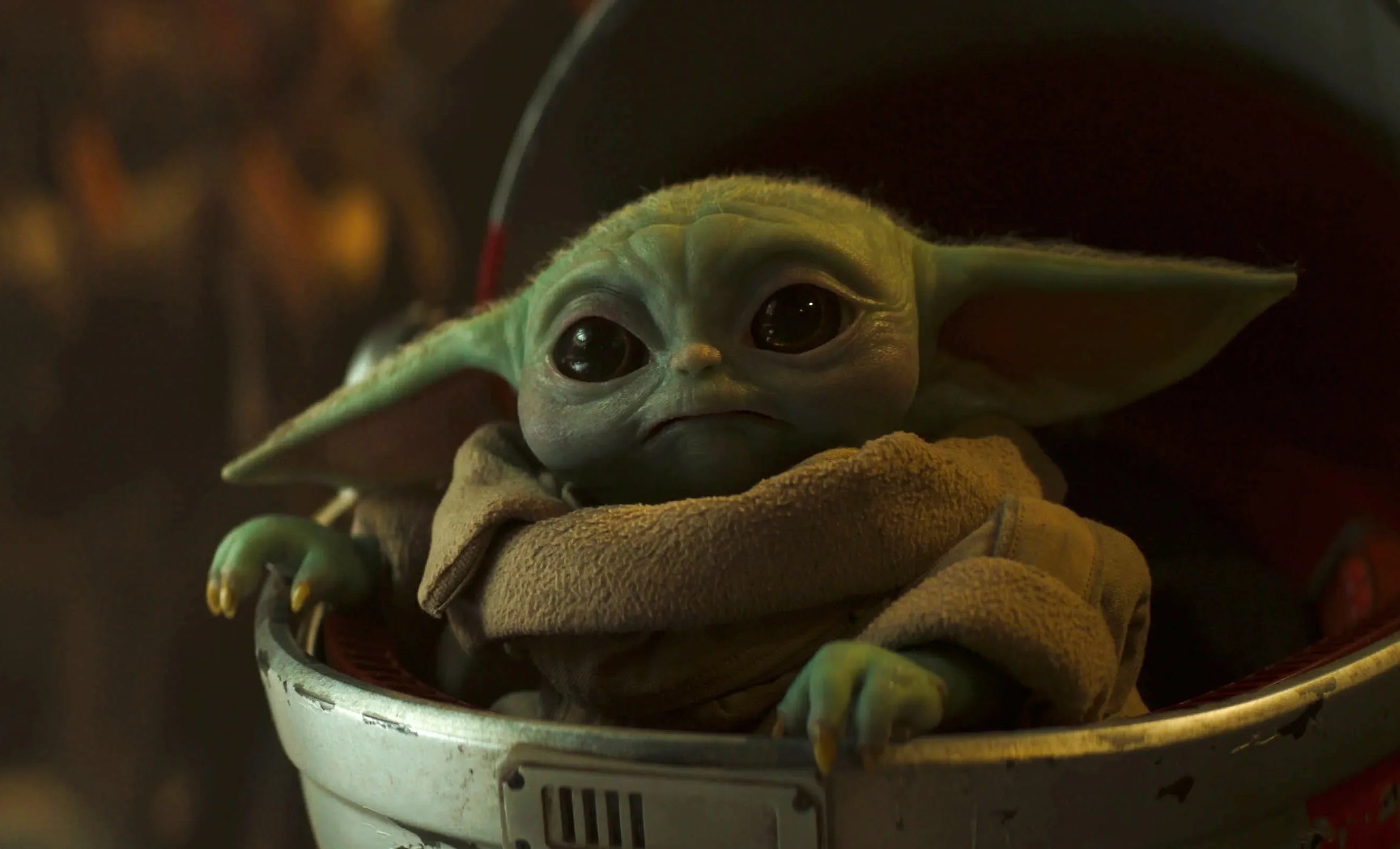In a galaxy marked by star wars and ideological battles, the Mandalorians emerge as one of the most fascinating and complex peoples in the Star Wars universe. Legendary warriors bound by a code of honor that is as strict as it is contradictory, the Mandalorians embody the ambiguity between right and wrong, order and chaos.
1. Origins and Identity: Not Just a Race, but a Faith
Being a Mandalorian doesn’t mean belonging to a race—it means embracing a way of life. As The Mandalorian teaches us, anyone can become Mandalorian by following the creed and the clan's code. This idea of a chosen identity, rather than an innate one, makes their culture even more intriguing: a mosaic of backgrounds united by shared values like loyalty, discipline, and self-determination.
2. The Creed and Its Contradictions
"This is the Way." A mantra that resonates among the Mandalorians—but what does it really mean? There are many interpretations of the Creed, as shown by the tension between traditionalists (like the Children of the Watch) and those, like Bo-Katan Kryze, who want to modernize Mandalorian culture. The Mandalorian series has shown us that there isn’t just one path, but many roads that intertwine religion, survival, and politics.
3. War and Honor: The Warrior's Paradox
Trained for war since childhood, Mandalorians are feared across the galaxy. Yet their approach to combat isn’t just brutal—it’s ritualistic. They wear beskar armor, nearly indestructible metal, not only for protection but as a symbol of identity and status. However, this warrior’s honor is often at odds with ruthless actions, vendettas, and morally questionable choices.
4. The Return of Mandalore: Hope or Illusion?
After the destruction of Mandalore, the Mandalorian diaspora spread across the galaxy. But the idea of a rebirth has returned with strength. The Darksaber, a symbol of legitimacy to the throne, represents not only power but also the hope of a fragmented people. The journey of Din Djarin and Bo-Katan might be the beginning of a new era—or just another cycle of division.
5. Moral Ambiguity: Heroes or Antiheroes?
What makes Mandalorians so compelling is their moral complexity. They aren’t Jedi, but they fight for what they believe in. They aren’t Sith, but they don’t hesitate to kill to protect their own. They are warriors, adoptive parents, revolutionaries, and sometimes mercenaries. Din Djarin, with his love for Grogu, embodies this duality: a bounty hunter with a heart of gold.
"This is the Way"
Mandalorians teach us that the path of honor is not always clear, and that a people’s strength lies in its ability to evolve. In a universe where black and white blur together, perhaps they are the ones who truly represent balance.
And you—which Mandalorian fascinates you the most? Do you prefer Bo-Katan’s determination or Din Djarin’s quiet loyalty? Let us know in the comments—and may the beskar be with you!





